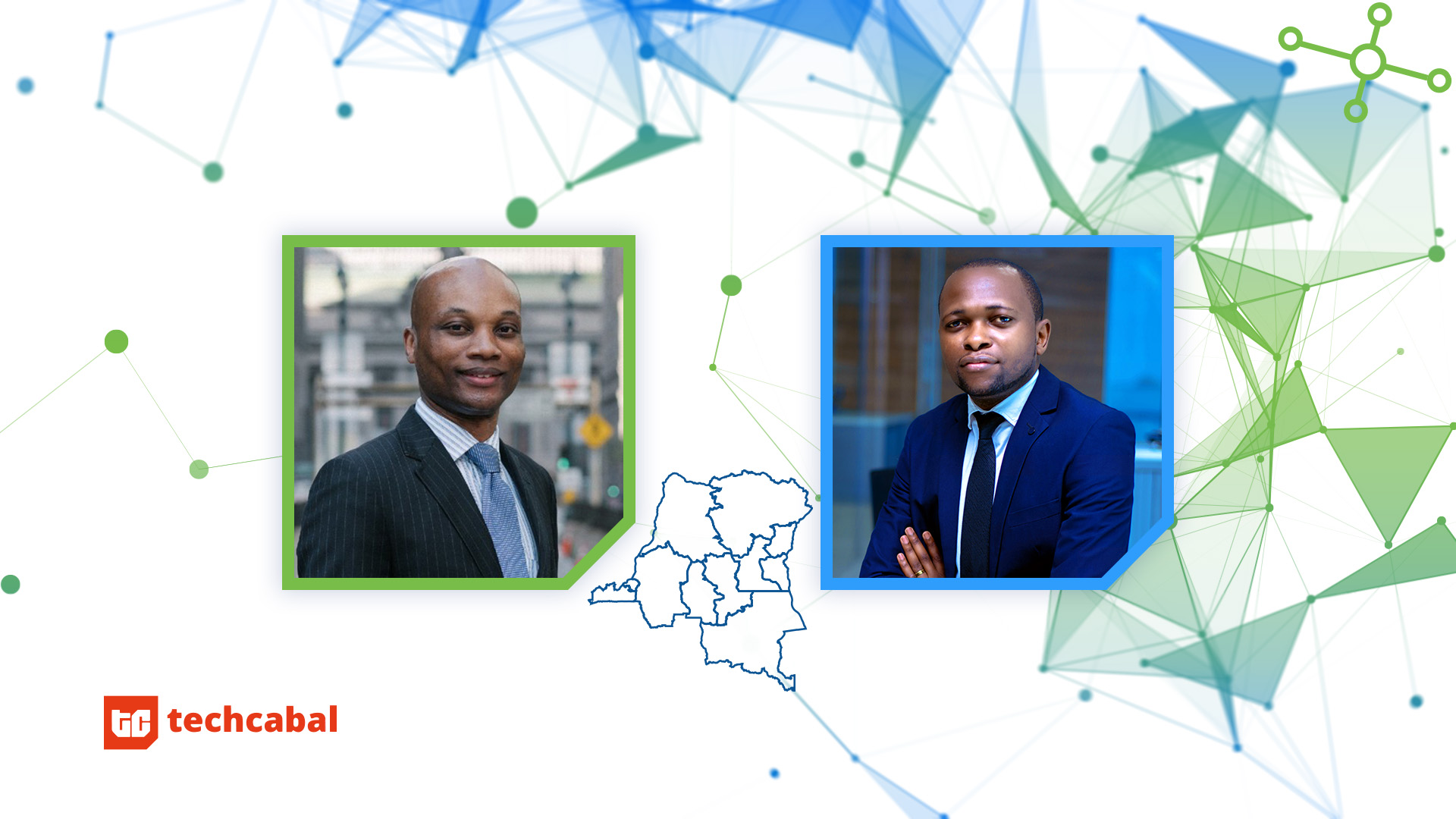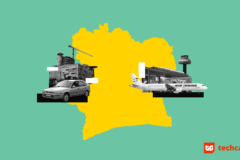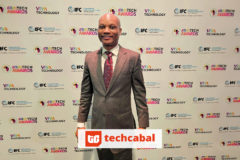This article was contributed to TechCabal by Noel K. Tshiani, the founder of Congo Business Network.
In this exclusive interview for TechCabal, Tshiani discusses with Parfait Lubamba, head of information technology at Ecobank Democratic Republic of Congo (DRC), about his entry into the banking sector and how technology is impacting the industry in the DRC.
What is your professional background?
I hold a bachelor’s degree in database management system from the Institute of Higher Studies in Programming and Analysis, in Kinshasa, the capital of the Democratic Republic of Congo. I also have certifications in information systems management and project management, Cisco technologies, and many others.
I was a Cisco technology trainer before joining Ecobank DRC. I have more than 10 years of experience in new information and communication technologies, including 7 years in the banking sector.
I am currently the head of information technology at Ecobank DRC since October 2022, after having held the position of head of digitalisation and alternative channels for the retail bank.
The IT department I manage is responsible for the network and telecommunications infrastructure, core and non-core banking applications (development, innovation, and process automation) and service delivery (projects, electronic banking, and IT governance).
My main objectives are the supervision of activities and projects in the IT department, the definition and implementation of technology strategy for the local bank, and the definition and implementation of contingency plans to ensure the highest availability of services.
As head of technology at Ecobank DRC, what is your understanding of the role of technology in the banking industry?
Technology has influenced the development of almost every industry. From education to health, to agriculture and even exploitation of the soil and underground.
The banking sector is not exempt from this change. A historical review allows us to see that the introduction of the first Automated Teller Machine (ATM) by Barclays Bank in London in 1967 is in the same period as the portable calculator.
These two inventions have dramatically changed the banking sector. To catch up in terms of banking penetration, technology is our ultimate solution. The development of technology infrastructure, greater mobile network coverage with 5G and internet accessibility for all are achievable goals.
With the arrival of Big Data, the Internet of Things (IoT), and artificial intelligence, the tools exist to make a real revolution, opening the door to even richer years in terms of innovation. As such, this trend will confirm the leading role that technology plays in the banking sector and more globally in the economy.
What major technological innovations do you plan to roll out in 2023 to set you apart from other banks?
Ecobank is a pan-African bank with operations in more than 33 countries and with big ambitions for all these territories.
With a strong focus on the African continent, Ecobank Group is constantly thinking and developing solutions that meet Africa’s present and future needs.
We have big surprises in store for the solutions being developed for territories that represent a strong potential for development.
Regarding startups and small businesses, does Ecobank DRC have any products or offerings that are targeted to this market segment?
As part of Ecobank’s strategy to continue its evolution towards open banking, the Group designed a sandbox several years ago. Fintechs, innovative startups, software developers and technology or financial partners (mobile network operators and microfinance institutions) can use it and get maximum benefit from it.
This sandbox offers many account services, collections, payments in general, QR payment, including Visa and Mastercard, bill payment, web-based acquisition, transfer, and more. These APIs allow startups and small businesses to access larger markets in Africa, especially in the countries where we operate, as long as the regulations of the countries concerned allow them.
This is a strong competitive advantage for Ecobank Group in addressing technology issues as no other bank can offer such a diversified range of services.
Should the focus be on mobile money and fintech startups as a way to achieve financial inclusion, given that about 10% of the country’s population has bank accounts?
To increase financial inclusion in the most remote areas of the continent, banks have a role to play in rolling out mobile money and fintech startups that would accelerate the country’s bancarisation.
However, this would take a lot of time and require more investments from stakeholders beyond the banking sector. Thus, partnerships between public and private sector players are essential to achieve such an objective.
As a financial institution, Ecobank Group is focusing on partnerships with mobile money operators and fintechs to achieve this goal. By considering them as cooperators (a new term combining cooperation and competition), it is possible to achieve this inclusion by reaching the largest number of people.





















